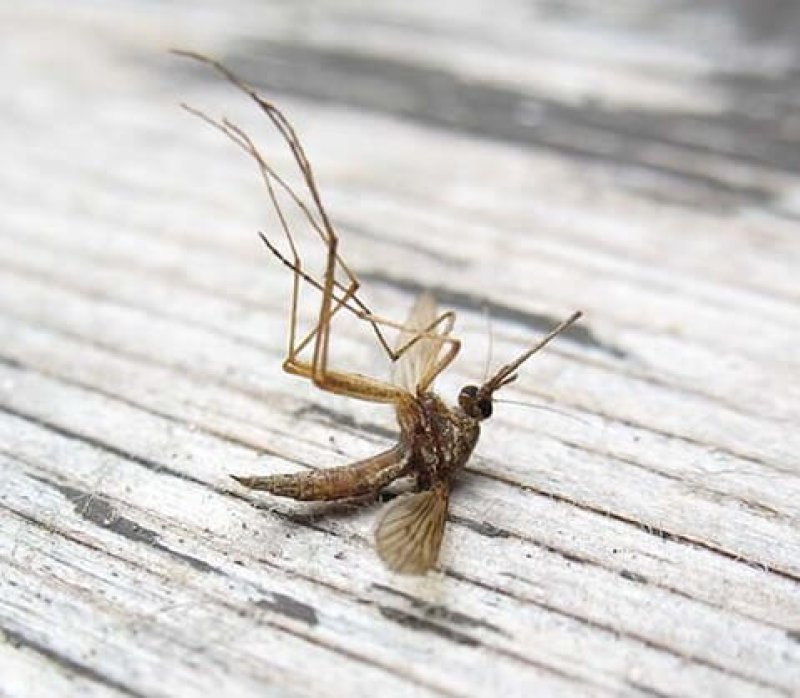That is the idea behind the work of the company Oxitec. They have engineered a mosquito that leads to a decrease in the Aedes aegypti mosquito population. Here is how it works. The company has created a strain of mosquito that…[has] a “death gene” added to their genome that kills their offspring.
The process starts with the hatching of [these] mosquitoes. Then, the males and females are separated from each other…After separation, the females are destroyed. Because male mosquitoes do not bite or spread disease, their release will not exacerbate disease spread. Those same males, upon release, mate with wild females. When the offspring of those matings hatch, they die.
…
These mosquitoes have been released in trials in Brazil, Panama (for yellow fever and Dengue) and the Cayman Islands (for Zika.) All of the trials resulted in a 90% reduction of the wild mosquito population. In Brazil, a trial was done in a town of 5,600 people that saw 133 cases of Dengue fever before the trial. After the trial – there was only one case.
The GLP aggregated and excerpted this blog/article to reflect the diversity of news, opinion, and analysis. Read full, original post: How Will Genetically Modified Mosquitoes Stop Zika?































